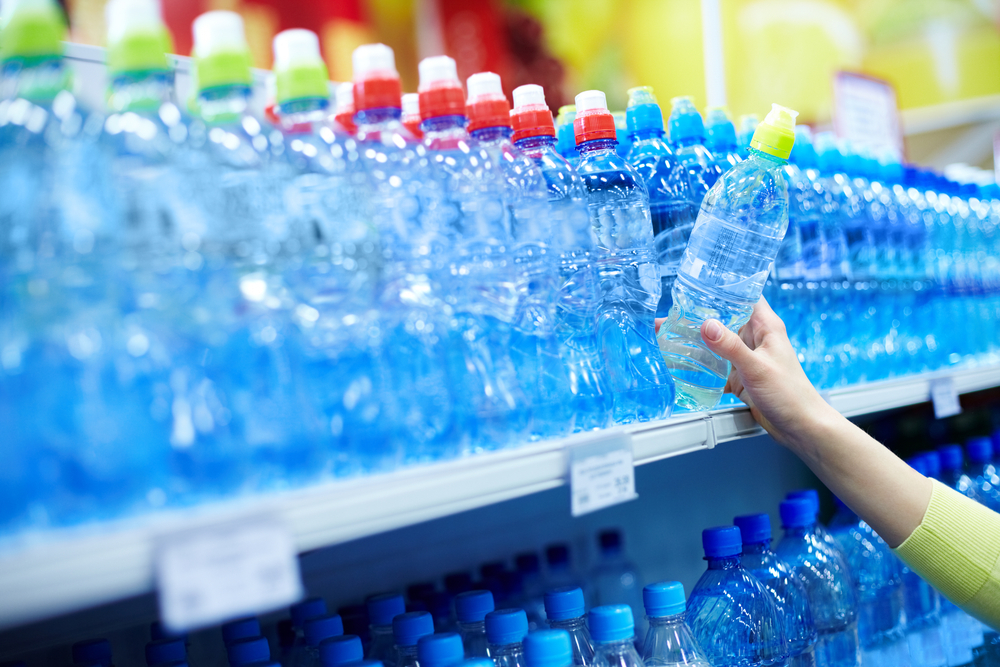
Are your BPA-free products as safe as you think?
Probably not, according to a new study. In fact, they may be just as dangerous as the products they replaced.
After health advocates convinced many household product manufacturers to nix the chemical bisphenol A (BPA) from items like water bottles, epoxy glues, and cash receipts due to concerns about harmful effects on the reproductive system, many of them turned to Bisphenol S (BPS) as an alternative.
But now a new study out of UCLA has found that BPS may be just as harmful to the reproductive system as BPA.
Uh-oh.
The study evaluated the safety of Bisphenol S by exposing roundworms to several concentrations of BPA and/or BPS and then followed them through the duration of their reproductive periods.
Here's what they found: The worms exposed to either BPA or BPS, or a combination of the two, had decreased fertility. And these effects were seen at lower BPS doses than those of BPA, which suggests that BPS may actually be more damaging to the reproductive system.
"This study clearly illustrates the issue with the 'whack-a-mole' approach to chemical replacement in consumer products," said senior author Patrick Allard, assistant professor of environmental health sciences at the UCLA Fielding School of Public Health. "There is a great need for the coordinated safety assessment of multiple substitutes and mixtures of chemicals before their use in product replacement. But the good news is that a number of governmental programs and academic labs are now moving in that direction."
Let's hope so. Because I know when I see a "BPA-free" label on a product I feel like I'm free and clear to use it without worrying about whether or not it's safe, don't you?
So what can we do to protect ourselves? A few tips:
Hollee Actman Becker is a freelance writer, blogger, and a mom. Check out her website holleeactmanbecker.com for more, and then follow her on Twitter at @holleewoodworld.

